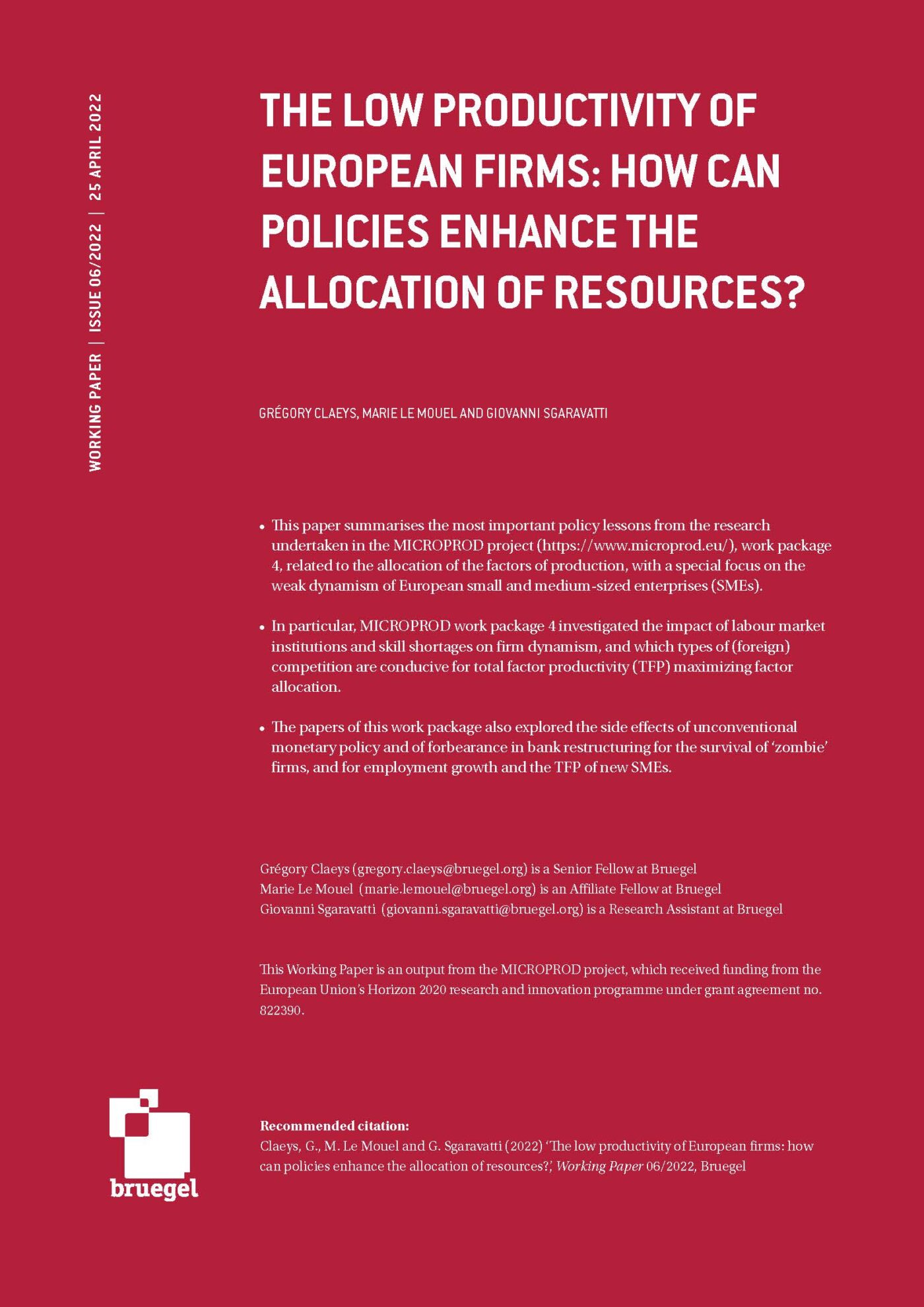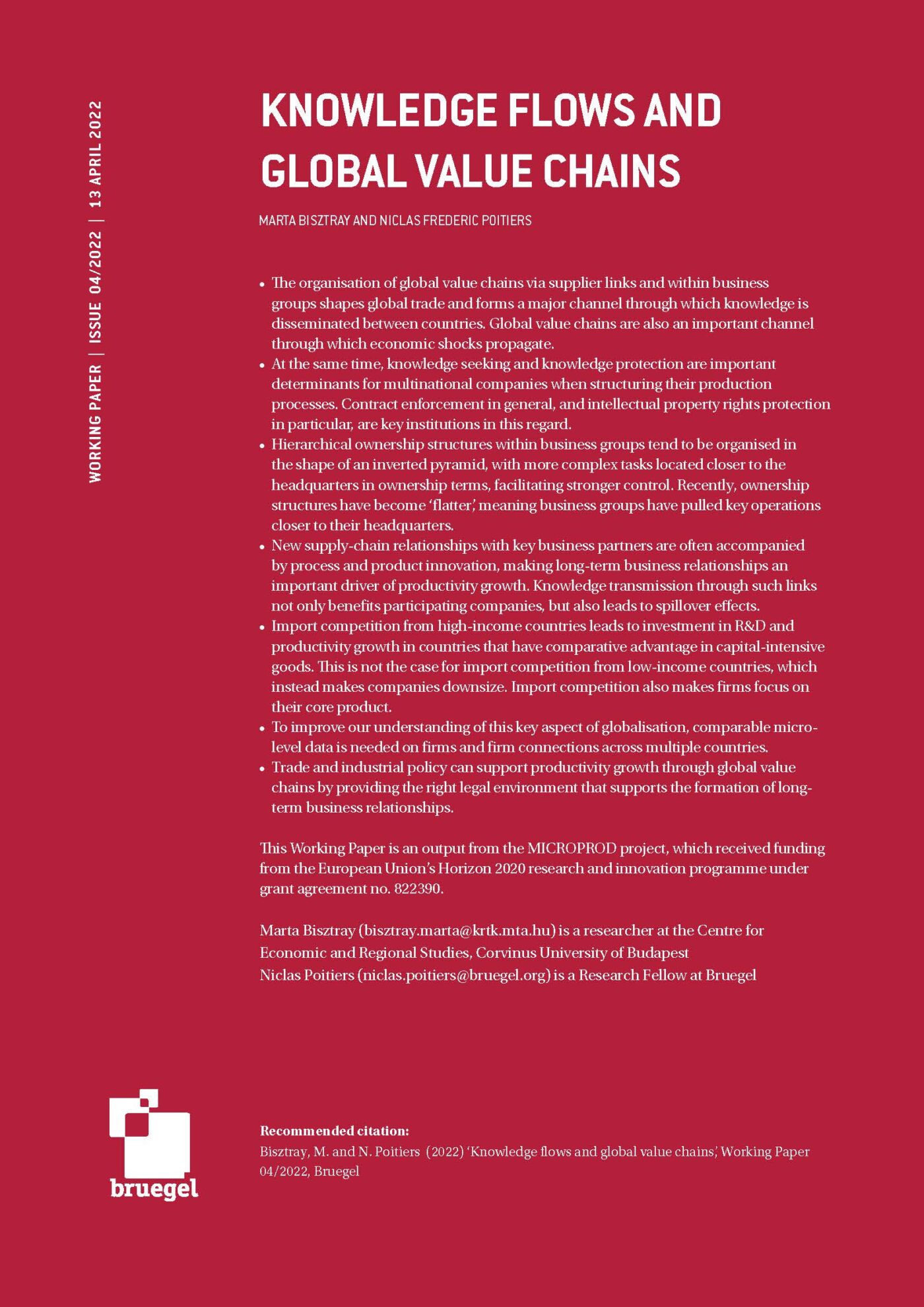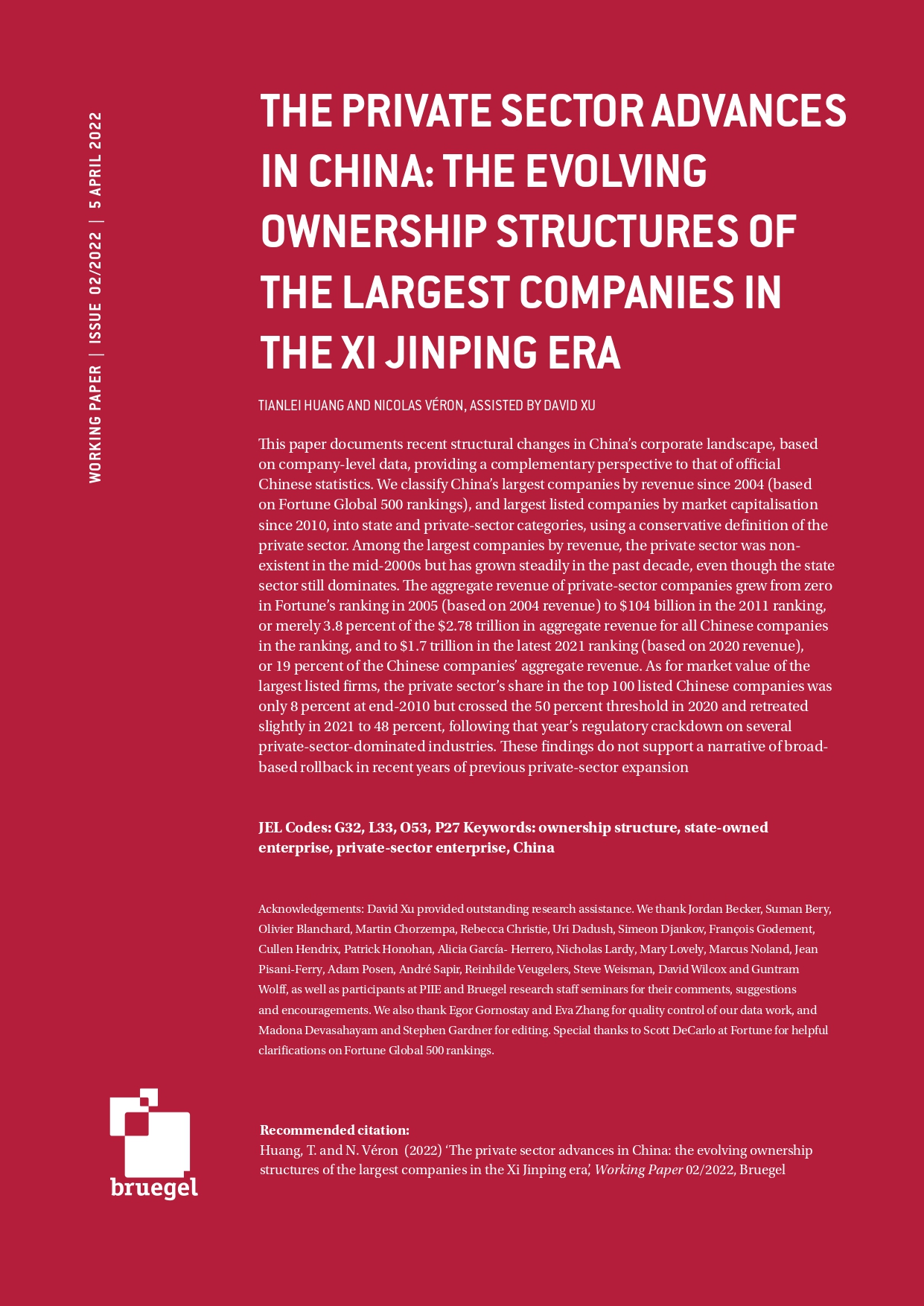External Publication
Key policy options for the G20 in 2017 to support an open and inclusive trade and investment system
In the face of exceptional challenges, the G20 should step up its efforts in 2017 to preserve the current global trade and investment system, including effective multilateral dispute settlement procedures, while not losing sight of medium-term reforms. The G20 should focus on (1) supporting the World Trade Organization, (2) being upfront about the mixed effects of trade and investment, (3) improving G20 measures to tackle protectionism and (4) promoting investment facilitation.
This paper was originally published by The G20 Insights Platform and produced by the T20 Task Force on Trade and Investment.
The Think20 (T20) brings together research institutes and think tanks from the G20 countries in an independent, open network. In 2016/2017, the T20 develops policy recommendations for the G20 within eleven thematic Task Forces which will be published as Policy Briefs in the first half of 2017 on the website http://g20insights.org. Several international T20 conferences and workshops facilitate the interaction among research, the policy community and the broader public.
The Kiel Institute for the World Economy (IfW) and the German Development Institute / Deutsches Institut für Entwicklungspolitik (DIE) have been entrusted by the German government to organise the T20 process during the German Presidency in 2016 and 2017. Professor Dennis Snower (President of IfW) and Professor Dirk Messner (Director of DIE) will jointly chair the T20 during this time. Further information on the T20, e.g. on conferences and workshops, are available on the website http://t20germany.org/. In addition, the T20 blog publishes analytical and opinion pieces by high-level experts on key issues ahead of the 2017 G20 Summit in Hamburg.
The policy proposals in this Policy Brief relate to two of the priorities of the German G20 presidency in the areas of trade and investment, namely (1) supporting the multilateral trading system, including benefits of trade and anti-protectionism and (2) investment facilitation. The third priority, digital trade, will be covered by another Policy Brief of the T20 Trade and Investment.
We recommend that the G20 Trade and Investment Working Group in its third meeting should discuss the policy proposals submitted by the T20 in this Policy Brief. In light of the current policy environment, priority should be given to the first proposal on the supporting the WTO. In the transition period between the Hamburg Summit and the handover of the G20 chairmanship to Argentina in December 2017, the German G20 presidency should continue its efforts to promote dialogue among G20 countries to facilitate open and inclusive trade and investment policies. This can be achieved by an informal meeting of the Trade and Investment Working Group or by a high-level workshop that involved G20 governments as well as trade experts from the G20 Engagement Groups.
In order to highlight the importance of an open and inclusive trade and investment system, we suggest that the G20 calls for a special conference of finance and trade ministers in order to promote debate and consensus building ahead of the G20 Leaders’ Summit in July 2017 in Hamburg. The conference should be structured so as to achieve not only concrete results in terms of policy improvement, but also to maximize the likelihood of political “wins’ by participants, both by those who are content with the status quo and want its essence preserved, and those who are looking for tangible changes.
The agenda of the conference would include: (i) national policies and international reforms designed to mitigate the temporary and disruptive effects of globalization and technology on employment and income inequality while ensuring that consumers continue to benefit; (ii) international coordination to reduce global imbalances; (iii) reducing non-tariff barriers to trade; and (iv) revitalizing trade reforms with regard to autonomous, bilateral, plurilateral and multilateral policies.













